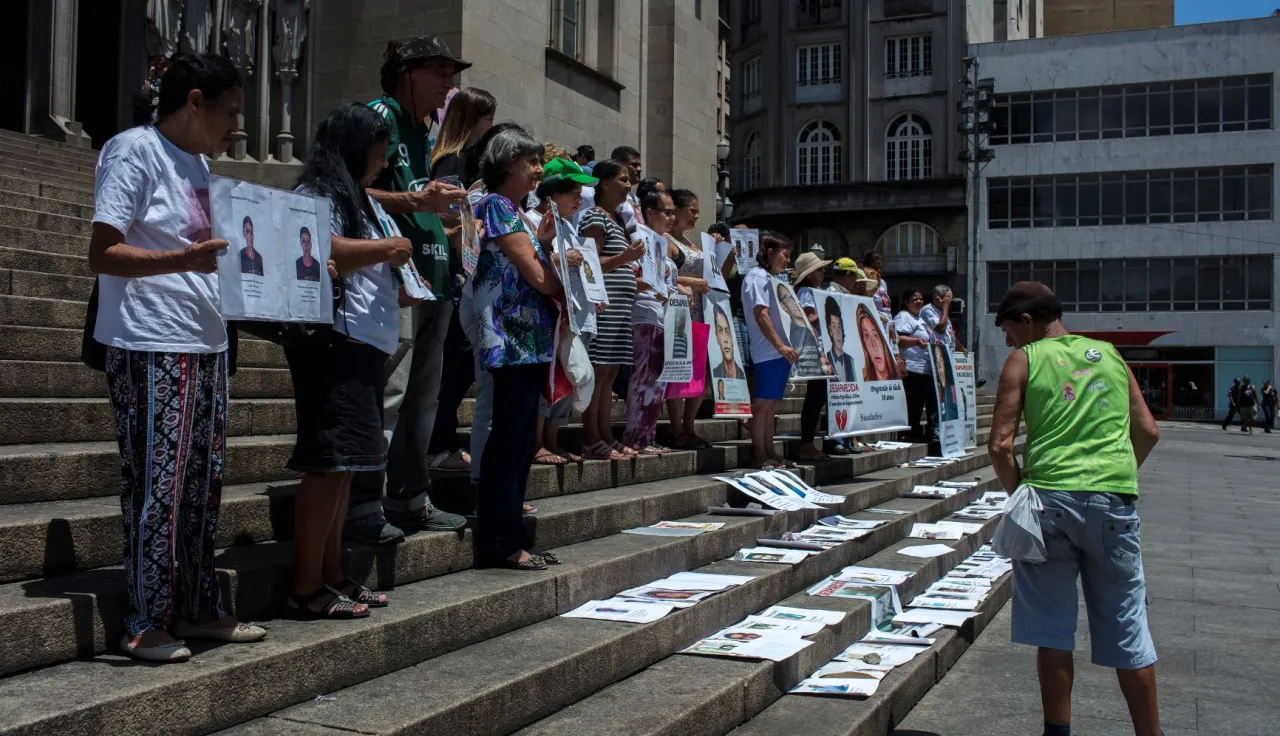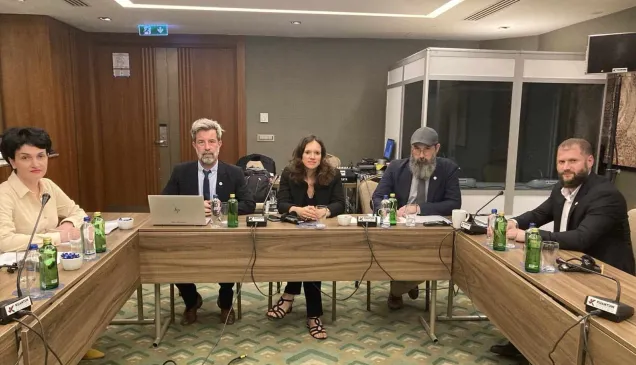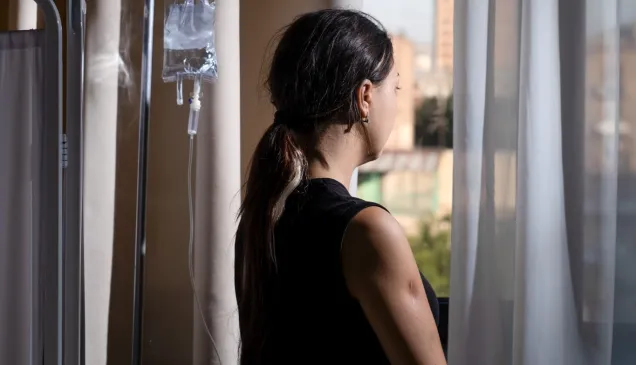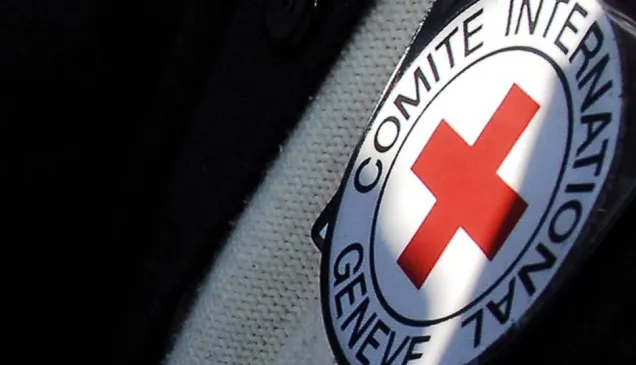Brazil: in the face of 79,000 new missing person reports, the ICRC recommends institutions to improve coordination

Brasilia (ICRC) – The International Committee of the Red Cross (ICRC) is greatly concerned by the 79,275 missing person cases recorded in 2019 – an average of 217 a day – and considers that greater coordination of the efforts of the institutions involved and society is required to tackle this serious humanitarian problem.
These figures, compiled by the Brazilian Forum on Public Safety (FBSP) using data from the public safety departments of Brazil's states, were announced in the Brazilian Yearbook on Public Safety on Monday (19). It reveals that numbers remain high, with an average of over 70,000 people a year reported missing since the FBSP began to collect this information in 2017, at the request of the ICRC.
"Having updated information is essential for building a clear picture of this serious humanitarian issue so that we can take action and provide answers," explains the head of the ICRC delegation in Brazil, Simone Casabianca-Aeschlimann. "We know that there are significant numbers of cases reported in countries where there is no national mechanism to coordinate efforts to establish the whereabouts of missing people and respond to the needs of their families, as in Brazil," she adds.
The loss or disappearance of a loved one is always devastating. When people go missing, their families suffer financial, social and legal consequences, and the anxiety can take a toll on their physical and mental health.
"We want to help build bridges here in Brazil too. We know there are many interesting initiatives and many qualified people engaged with the issue. We know there are thousands of families with missing loved ones and many organized groups, but we have seen that there is a lack of connection among them; they are like loose pieces of a jigsaw puzzle," remarks Larissa Leite, head of the missing persons programme at the ICRC delegation. "We want to help ensure that every piece is valued and connected so that more families receive support and get the answers they need about the disappearance of their loved ones."
The ICRC strives to provide an effective response to the problem of the missing and to address the needs of their families in around 50 countries. It began its humanitarian work to tackle this issue in Brazil in 2014, working directly with groups of families and collaborating with central government and state authorities in Ceará, Rio de Janeiro and São Paulo. It shares recommendations and technical expertise, with a view to the adoption of policies to promote the search for the missing, provide protection for their families and prevent people from going missing.
One of the ICRC's recommendations is to establish an effective, participatory national mechanism to find missing persons and search for the remains of those who have died, ensuring that they are properly identified and managed. The aim is to ensure the availability of accurate data on missing persons and the handling of cases in accordance with a sound data protection policy.
Behind these statistics are the stories of people like Vilma Lima from São Paulo, who has been looking for her son Marcelo for years now. "There are times when I feel very weak, and then other times I feel strong," she observes. Although she has had serious health problems that have affected her sight, she has never stopped looking for her son. On top of all this, she finds the strength to look after herself and support her family. "I am very strong when it comes to fighting for my children and my grandchildren. I have a tremendous inner strength that I draw on when I have to help a son, daughter or grandchild who needs me. I am always there for them."
For further information:
States have the obligation to prevent people from going missing, to search for and find missing people, to keep relatives properly informed at all stages of the search process and to deliver a comprehensive response to address the needs of the families.
The COVID-19 pandemic adds new challenges and complexities to the question of the missing in the region. In addition to issues relating to the proper management of remains to prevent new disappearances , other difficulties have arisen for many families with the suspension of search processes due to the restrictions on movement imposed in most countries and the worsening economic situation.
Act 13,812 of 2019 defines a missing person as "any individual whose whereabouts are unknown, regardless of the cause of their disappearance, until such time as they are found and positively identified on the basis of physical or scientific evidence".
For editors
• You can download photos relating to the issue of the missing and their families here. They can be used free of charge, but please credit them accordingly to the identification document on the folder.
• We can arrange interviews with ICRC experts.
• We can arrange interviews with relatives of missing persons.
For further information, please contact:
Diogo Alcântara, ICRC, Brasilia, (61) 98248-7600, dalcantara@icrc.org
Sandra Lefcovich, ICRC, Brasilia, (61) 98175-1599, slefcovich@icrc.org
WhatsApp (sign up to receive updates): http://whats.link/cicvbrasil



